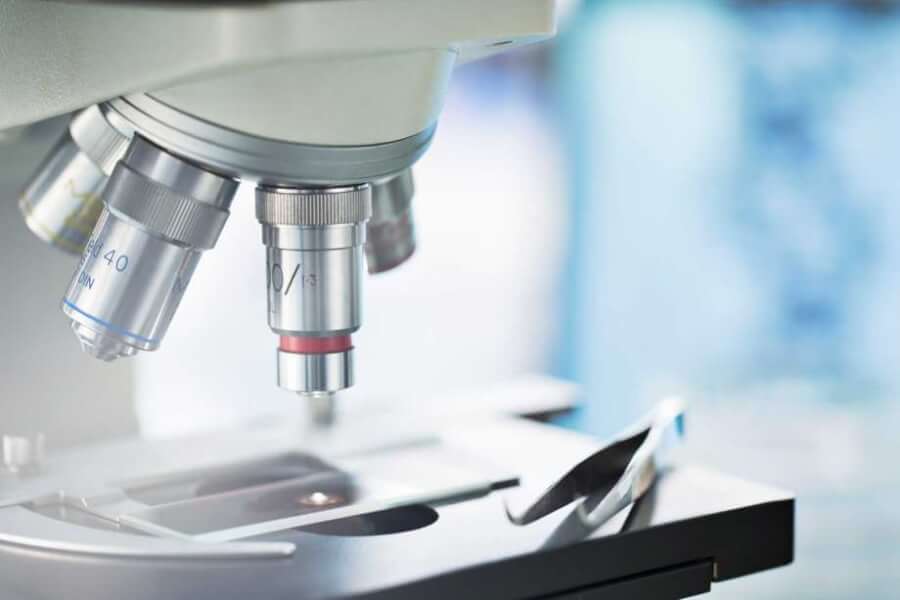Celebrating a Pioneer in Cancer Research: Dr. Patrick Sung
Contact Information
For inquiries, please reach out to Eileen Teves at 210-450-7239 or via email at tevese@uthscsa.edu.
SAN ANTONIO, Oct. 21, 2024 – The University of Texas Health Science Center at San Antonio (UT Health San Antonio) is proud to announce that Dr. Patrick Sung, a distinguished researcher and director of the Greehey Children’s Cancer Research Institute, has been awarded the prestigious 2024 Basser Global Prize. This recognition highlights his groundbreaking work in the field of DNA damage repair and cancer biology, particularly concerning the BRCA1 and BRCA2 genes.
The Significance of the Basser Global Prize
Presented annually by the Basser Center for BRCA at the Abramson Cancer Center of the University of Pennsylvania, the Basser Global Prize honors scientists who have made significant contributions to BRCA1 and BRCA2-related research. These genes play a critical role in the body’s ability to repair DNA, and mutations in them are linked to an increased risk of several cancers, including breast, ovarian, pancreatic, and prostate cancers. Dr. Sung’s research has been instrumental in elucidating the functions of these genes, paving the way for advancements in cancer treatment and prevention.
Dr. Sung’s Contributions to Cancer Research
Dr. Sung’s work has not only advanced scientific understanding but has also had a profound impact on clinical practices. As a professor of biochemistry and structural biology at the Joe R. and Teresa Lozano Long School of Medicine, he has dedicated his career to exploring the mechanisms of DNA repair. His research has provided invaluable insights into how BRCA1 and BRCA2 mutations contribute to cancer development, ultimately leading to more effective therapeutic strategies for patients.
“I am deeply honored to be recognized by the Basser Center,” Dr. Sung remarked. “This recognition reflects the power of collaboration and innovation. It inspires us to continue our mission in advancing cancer care and better outcomes for patients living with cancers caused by BRCA1 and BRCA2 mutations.”
Recognition and Future Endeavors
Dr. Sung will formally receive the Basser Global Prize at the 13th annual Basser Center Scientific Symposium scheduled for April 22-23, 2025, where he will also deliver the keynote address. This event will gather leading experts in the field to discuss the latest advancements in BRCA-related research and its implications for cancer treatment.
Robert Hromas, MD, FACP, acting president of UT Health San Antonio, expressed his pride in Dr. Sung’s achievements, stating, “Congratulations to Dr. Sung for receiving this well-deserved honor. This recognition is a testament to his outstanding work in the mechanistic dissection of BRCA1 and BRCA2 functions, driving significant advancements in understanding and treating cancers associated with BRCA gene mutations.”
A Leader in Cancer Research
Dr. Sung holds the Robert A. Welch Distinguished Chair in Chemistry and has received an Outstanding Investigator Award from the National Cancer Institute. He is also the Principal Investigator of a multi-institutional Program Project Grant from the National Cancer Institute, underscoring his leadership in cancer research. Additionally, he is recognized as a Cancer Prevention and Research Institute of Texas (CPRIT) Established Investigator, a role that emphasizes his commitment to advancing cancer research and prevention efforts.
Lei Zheng, MD, PhD, executive director of the Mays Cancer Center at UT Health San Antonio, praised Dr. Sung’s contributions, stating, “We are proud of the tremendous work Dr. Sung has made in BRCA1/2 and DNA repair research. His contributions not only deepen our understanding of cancer biology but are also leading to more effective treatments for patients. This prestigious recognition highlights the global impact of Dr. Sung’s accomplishments.”
The Basser Global Prize: Supporting Future Research
The Basser Global Prize not only honors Dr. Sung’s achievements but also provides $100,000 in unrestricted funding for his ongoing research related to BRCA1 and BRCA2. This funding is crucial for advancing the understanding of these genes and developing new therapeutic approaches. Alongside the financial support, Dr. Sung will receive a Basser sculpture and a personal prize of $10,000 during the symposium.
UT Health San Antonio: A Leader in Health Science Education
The University of Texas Health Science Center at San Antonio is recognized as one of the leading health science universities in the United States and is designated as a Hispanic-Serving Institution by the U.S. Department of Education. With a mission that encompasses teaching, research, patient care, and community engagement, UT Health San Antonio has graduated over 43,886 alumni who are making significant contributions to healthcare and research worldwide.
To learn more about the innovative work being done at UT Health San Antonio, visit UTHealthSA.org.
Stay Connected
For ongoing updates and insights from UT Health San Antonio, follow them on Facebook, Twitter, LinkedIn, Instagram, and YouTube.
The Mays Cancer Center: A Beacon of Hope
The Mays Cancer Center at UT Health San Antonio is one of only four National Cancer Institute-designated Cancer Centers in Texas. It is dedicated to providing leading-edge cancer care, advancing innovative research, and educating the next generation of leaders in the fight against cancer. To learn more about their mission and initiatives, visit Mays Cancer Center.
Greehey Children’s Cancer Research Institute: Focused on Pediatric Cancer
The Greehey Children’s Cancer Research Institute is one of only two institutes in the United States dedicated solely to pediatric cancer research. With 20 laboratories, researchers are focusing on cancer genomics, DNA repair, RNA biology, and drug development to create new and less-toxic treatments for childhood cancers. For more information, visit Greehey Children’s Cancer Research Institute.
